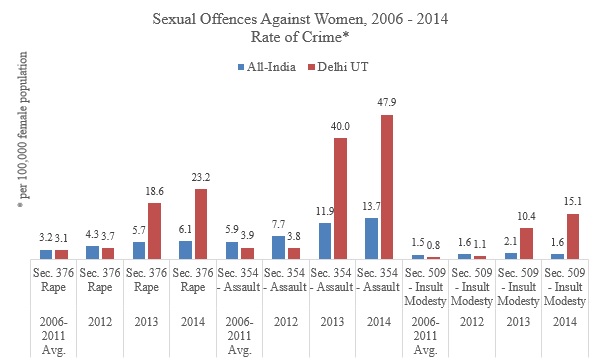Manish Madan, Ph.D, USA, SSH Blog Correspondent
Benjamin Franklin once said, “In this world nothing can be said to be certain, except death and taxes.” If he were a woman in current times, I wonder if this adage would have been stated as, “… nothing is certain except for death, taxes and sexual harassment.” Such is the prevalence of sexual harassment for women not only in the US, but globally.
Various research studies have reported the pervasiveness of sexual harassment within schools, colleges, workplace including in the US military. There are also documented reports of sexual harassment in public spaces worldwide, for example in France, China, Pakistan, Egypt, London, India, and Iran to name a few.
Sexual harassment of women influences job satisfaction, anxiety, depression, physical and mental health, constant stress leading to burnout. Research has also shown evidence of sexual harassment’s association with negative emotions such as fear, shame, anger, and guilt. There is a growing body of literature highlighting sexual harassment’s role in alleviating one’s helplessness to developing post-traumatic stress (PTS) symptoms and posttraumatic stress disorder (PTSD). Needless to say, women are the primary victims and males are mostly the offenders.
In India, the horrific Delhi Gang-Rape of 2012 resulted in the 23-year old woman losing her life. If there is anything positive that resulted from this incident – it is perhaps that this brought the crime against women to the forefront, a much needed impetus.
In my view, it also gave the feminist movement a big push where the young, old, men and women alike were on the streets demanding a basic human right, that is, “safety and security in public spaces.” In the same breath, I am very apologetic for finding a positive in this gruesome event, a human life is far too valuable to be sacrificed for people to start ruffling their feathers toward an important social change.
Notwithstanding my personal position, one thing is apparent that since this incident, the sexual offenses (from rape to assault to insulting the modesty of a women) have alarmingly increased, both at a national level and within the capital city. Do we take pride in a higher reporting and that law enforcement is perhaps taking more complaints, or we feel just about ashamed at these growing numbers and do nothing? Or chart a future course with policy-driven initiatives grounded in empirical evidence?

Source: National Crime Record Bureau (India): 2006–2014.
Let me assert that the problem in India is not the laws or its lack thereof. According to the Indian Penal Code (IPC), sexual offences comprise rape (Sec. 375, Sec. 376 IPC); attempt to commit rape, assault on women with intent to outrage her modesty (Sec. 354 IPC) and insult to the modesty of women (Sec. 509 IPC). An offence of rape under sec 376 warrants a fine with rigorous imprisonment of a term not less than seven years, but may also extend to imprisonment for life. The Indian legal system does provide protection and remedial against sexual harassment including many serious sexual offenses. However, the pervasive occurrence of sexual violence in India exists for reasons that are beyond the mere existence of the laws. A Washington Post story attributed it to a few female police officers, a sluggish court system, few convictions, and low status of women in the Indian society among several other factors. For the purpose of this write up, it is my hope that both men and women become aware of the pertinent laws.
Manish is a Professor of Criminal Justice at Stockton University where his research focuses on examining sexual harassment, gender empowerment, spousal abuse and policing issues. You can follow him @Prof_Madan or reach out to him at www.manishmadan.com.
